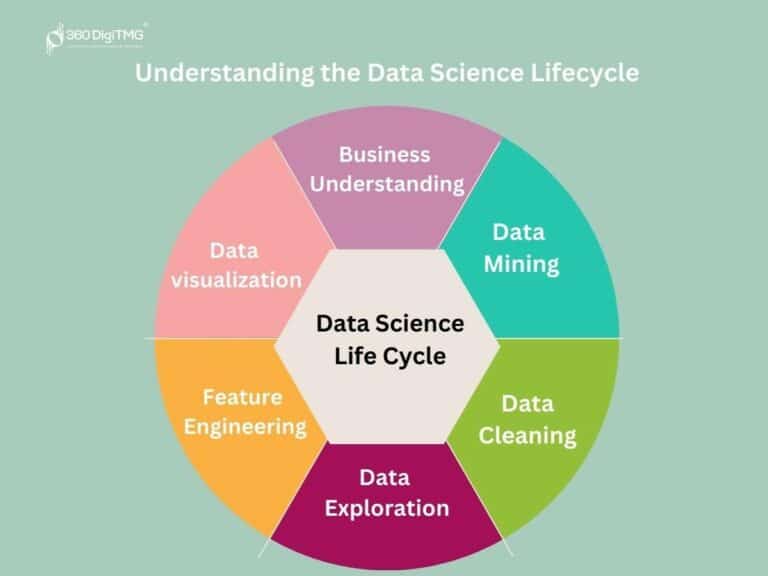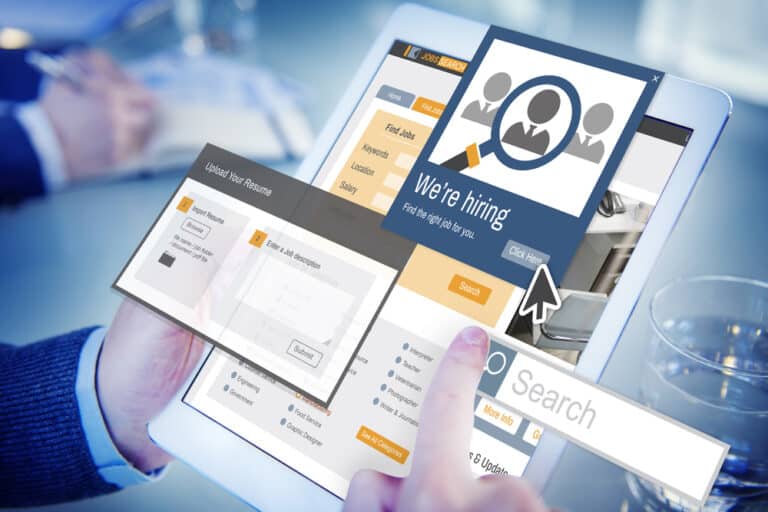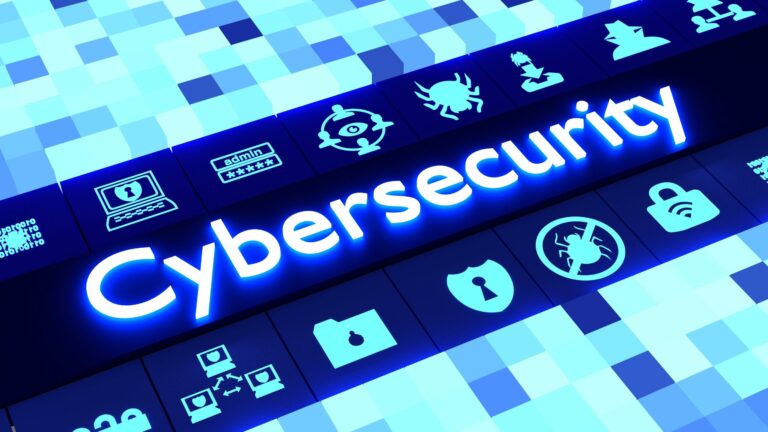In today’s digital age, automation is becoming an increasingly integral part of the hospitality industry. Hotels leverage technology to streamline operations, enhance guest experiences, and boost revenue. Guest analytics is key to this technological evolution, transforming how hotels understand and interact with their guests.
Harvesting guests data gives hoteliers valuable insights into guest satisfaction, engagement, and communication. By employing advanced analytics, hotels can tap into a wealth of information about guest preferences and behavioral patterns. This enables a more personalized and practical approach to hospitality management. With automation taking center stage, the traditional hotel landscape is evolving to meet the dynamic needs of modern travelers.
This article delves into how automation is revolutionizing the hospitality sector, offering insights into its impact on revenue, operational efficiency, and guest satisfaction.
The Evolution of Hospitality through Automation
The hospitality industry has always been at the forefront of embracing change, and the advent of digital automation is no exception. From automated booking systems to AI-driven customer service, technology is reshaping the hotel experience.
The benefits are twofold: improving operational efficiency and elevating the guest experience. Automation enables hotels to streamline processes, reduce manual errors, and offer services that align closely with guest preferences.
Enhancing Guest Experiences
- Streamlined Check-in and Check-out Processes: The traditional front desk experience is undergoing a digital makeover. Automated check-in and check-out kiosks have become increasingly common, allowing guests to bypass the reception, reducing wait times, and ensuring a smooth start and end to their stay. This improves the guest experience and frees staff to focus on personalized guest interactions.
- Personalized Services: Modern hotel guests seek experiences tailored to their preferences. Using data analytics, automation tools can curate personalized recommendations, from room amenities to dining options. This level of customization is not just a luxury; it’s a pathway to creating memorable stays that guests are eager to repeat.
Driving Revenue Growth and Operational Excellence
- Dynamic Revenue Management: Automation is revolutionizing revenue management in hotels. Hotels can dynamically adjust pricing based on demand, competition, and market trends by leveraging data analytics and AI. This approach to pricing not only maximizes revenue potential but also ensures competitiveness in a fluctuating market.
- Efficient Inventory Management: With automated inventory systems, hotels can efficiently manage room availability and resources. This precision in managing inventory reduces the likelihood of overbooking and ensures optimal use of the hotel’s assets, contributing to increased revenue and improved guest satisfaction.
Overcoming Implementation Challenges
While the benefits of automation in the hospitality industry are clear, implementing these technologies comes with challenges.
- Initial Investment: The initial cost of setting up automated systems can be substantial. However, this should be viewed as a long-term investment. The returns regarding operational efficiency, enhanced guest experiences, and revenue growth can far outweigh the initial setup costs.
- Staff Training: Introducing new technologies requires comprehensive staff training. Employees must be adept at using these systems to ensure seamless guest experiences. Regular training and updates are essential to keep pace with technological advancements.
- Data Security: With automation comes the responsibility of protecting guest data. Hotels must invest in robust cybersecurity measures to safeguard sensitive information, build trust, and ensure compliance with data protection regulations.
The Future of Hospitality: Embracing Automation for Enhanced Guest Satisfaction
As we look toward the future, the interplay between automation and guest satisfaction in the hospitality industry becomes increasingly significant. Here are key areas where automation is set to redefine the hospitality landscape:
- AI-Driven Guest Services: Implementing AI-driven chatbots and virtual assistants is a game-changer in guest services. These technologies offer round-the-clock assistance, handling reservations, providing information, and even offering personalized recommendations, enhancing the guest experience and driving customer loyalty.
- Smart Room Technology: The future of hotel rooms lies in smart technology. Guests can control lighting, temperature, and entertainment systems through smartphones or voice commands, offering a highly personalized and comfortable stay. This elevates the guest experience and demonstrates the hotel’s commitment to modern, tech-savvy solutions.
- IoT and Connected Experiences: The Internet of Things (IoT) is paving the way for a connected guest experience. From keyless room entry to sensor-driven energy management, IoT enables hotels to offer convenience, efficiency, and a touch of novelty that modern guests increasingly expect.
Strategic Implementation for Long-Term Success
For hoteliers, the strategic implementation of automation technologies is critical. This includes:
- Comprehensive Planning: Understanding the specific needs of the hotel and its guests is crucial. A tailored approach to automation, considering factors like target audience and operational scope, ensures the technology aligns with the hotel’s goals and guest expectations.
- Prudent Financial Management: Given the significant initial investment, managing finances effectively is key. This involves prioritizing essential technologies and potentially phasing the implementation to ensure a balanced approach to spending and returns.
- Ongoing Staff Training and Support: Continuous education and support for staff are essential. As technology evolves, so should the skills and knowledge of the hotel team, ensuring they are confident and capable of delivering the enhanced experience that automation offers.
- Robust Data Security Measures: In an age where data breaches are a real threat, investing in strong cybersecurity measures is non-negotiable. Regularly updating security protocols and adhering to data protection standards are critical to protect guest information and maintain the hotel’s reputation.
Conclusion: The Imperative of Automation in Modern Hospitality
Automation integration in the hospitality industry is a strategic imperative. By leveraging guest analytics technology to streamline operations, personalize guest experiences, and optimize revenue strategies, hotels enhance their service offerings and secure their place in a competitive and ever-evolving market.
Embracing these technological advancements is key to delivering unparalleled hospitality experiences and driving sustainable growth in the digital era. The importance of technology in the hospitality industry cannot be overstated.
It’s a catalyst for innovation, efficiency, and guest satisfaction. As the industry continues to evolve, those who harness the power of automation will be well-positioned to lead in modern hospitality.












